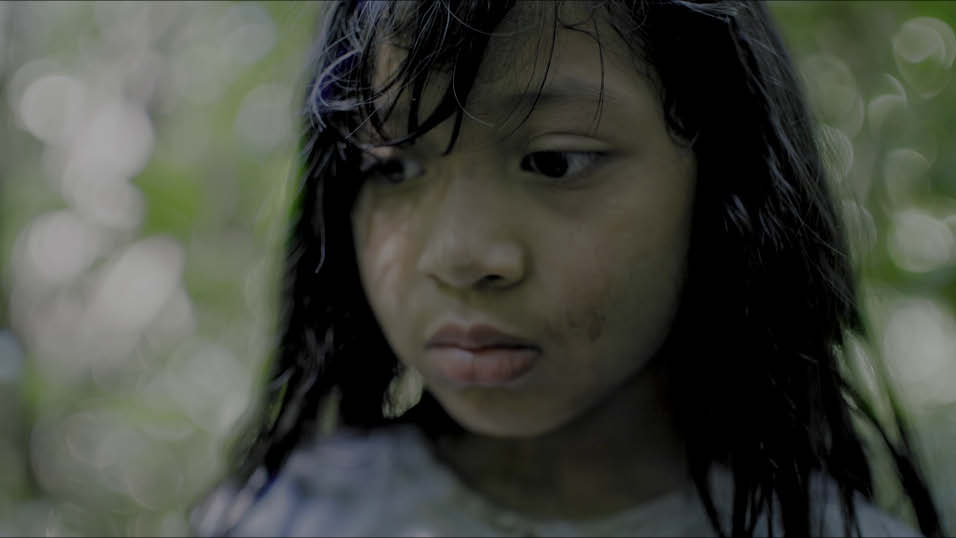Broadcaster commissioners, production companies and the wider media have been called on to improve representation of women older than 45 on screen in an open letter, signed by 100 leading actors, including Keeley Hawes, Juliet Stevenson, Meera Syal and David Tennant.
The letter is drawn up by the Acting Your Age Campaign, founded by Nicky Clark (pictured) and calls for a parity pledge describing “ageism targeting women” as “an entrenched industry staple.”
The letter says: “AYAC have been repeatedly told by writers submitting many scripts and ideas for dramas, comedies and features, that the ages of the leading characters are routinely aged down by commissioners, producers and production companies, particularly the age of the female romantic leading actress.”
It also says, “When AYAC did a deep dive of the BAFTA TV awards in 2021, over the previous 21 years of those awards, the average age of nominees in the Leading TV actress category had fallen from average age 52 to a shocking average age 32.
“In the men’s Leading TV actor category, the average age of nominees had fallen too but only from age 48 to age 45.”
In 2022, “AYAC was gratified to see that this unofficial ‘upper age limit’ hasn’t happened in the leading TV actress category.” Nominees included Emily Watson for ITV drama Too Close.
The parity pledge includes the following elements
1.All onscreen fictional content/ light entertainment programmes with male and female leads/presenters should have 50:50 equal gender and age representation. (In drama and comedy – including romantic and platonic leads)
2. All writer/performer dramas and comedy commissioning should feature 50:50 age and gender parity in programming (not just older men/young women)
3. All diversity initiatives across all broadcasters should ensure a range of representation based on age as well as race and ethnicity, gender, LGBTQ+, disability (EG not just commissioning of stories about young, disabled people this should include children’s programming/presenting)
4. There should no longer be an upper age limit on any new writer schemes/talent searches. (In the case of the BBC representing all audiences’ forms part of the established charter, this includes women aged over 45)
5. Age should become a mandatory requirement for all broadcaster diversity monitoring (off and on screen) to ensure representation of women over 45. This requires government involvement and an amendment to existing legislation
News and Current Affairs:
6. Presenters of documentaries should be represented equally. 50:50 gender initiatives should include age parity between women and men over the age of 45. (Developing new to screen talent/directors should include women over 45)
7. All contributors to political panels/discussions/news packages/studio guests should feature 50:50 age parity of women over 45 in line with men and young women. (A panel of only middle-aged men and young women is dated and unrepresentative)
8. News pieces on women’s physical and mental health, violence against women and appearance-based news (EG self-esteem, impact around filters, cosmetic procedures, and appearance shaming) shouldn’t have exclusive bias towards young women. There should be 50:50 age parity for women over 45.
9. Celebrity based/entertainment news should feature women and men over 45 equally in terms of achievements and obituaries of women should use recent photographs as with men.
The campaign also appeals to news and current affairs programming to include women over 45 in all reporting on women’s rights and representation.
Pippa Considine
Share this story
















